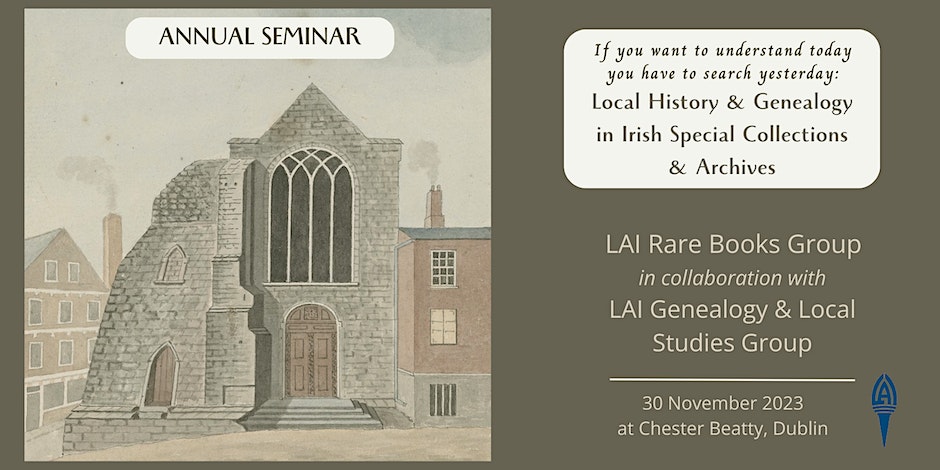
EBLIDA (European Bureau of Library, Information and Documentation Associations), IFLA (International Federation of Library Associations and Institutions), LIBER (Association of European Research Libraries), NAPLE (National Authorities on Public Libraries in Europe), PL 2030 (Public Libraries 2030) and SPARC Europe (Scholarly Publishing and Academic Resources Coalition) represent more than 60,000 libraries all over Europe.
Covid-19 is the worst crisis affecting Europe since the Second World War. Many people are facing unemployment or reduced hours of work ; pupils and students are attending schools and universities only to a limited extent. During these difficult times, libraries have shown great resilience. In many cases and in many countries, librarians have reached out to citizens in need and have helped, and continue to help them to get access to education and information with broadband internet and media, in spite of adverse conditions. This is clearly shown by various EBLIDA, IFLA, NAPLE Reports, LIBER Statement, SPARC Europe resources and PL 2030 Lighthouse Sessions.
The unprecedented effort that has been put together to support the European post-Covid recovery phase cannot be to the detriment of culture, education, research, social and digital inclusion, cultural heritage and democracy. The world of libraries is concerned about the inadequacy of the European response in relation to programmes relating to all of these areas, notably the Creative Europe and Horizon Europe programmes and those helping Europe’s citizens make the most of digital technologies. As such, we endorse the resolution of the European Parliament of 23 July.
While support for economic recovery under the new Multiannual Financial Framework is welcome, the Multiyear Financial Framework deals either cuts, or falls far short of previous commitments in key areas, risking seriously reducing the ability of the EU’s action in areas such as culture, research and digital inclusion to deliver on its potential. Erasmus+, Creative Europe, the EU’s research programmes, and those for digital inclusion support advanced and very successful projects which all European citizens consider as the most apparent symbols of European cohesion and identity. It is a fact that the Erasmus generation has made Europe and it is hard to see how our next EU generation will contribute to a stronger Europe if European cultural and educational cooperation is neglected. Similarly, the EU’s research programmes are helping Europe to realise its potential as a global leader.
The European library world represented by EBLIDA, IFLA, LIBER, NAPLE, PL 2030 and SPARC Europe is therefore calling for stronger financial support for culture, education, research and digital inclusion and an increase of the resources allocated to relevant programmes.
For further information, please contact: g.vitiello@eblida.org; stephen.wyber@ifla.org; a.verheusen@kb.nl; shamilton@lgma.ie; Ilona@pl2030.eu; vproudman@sparceurope.org



